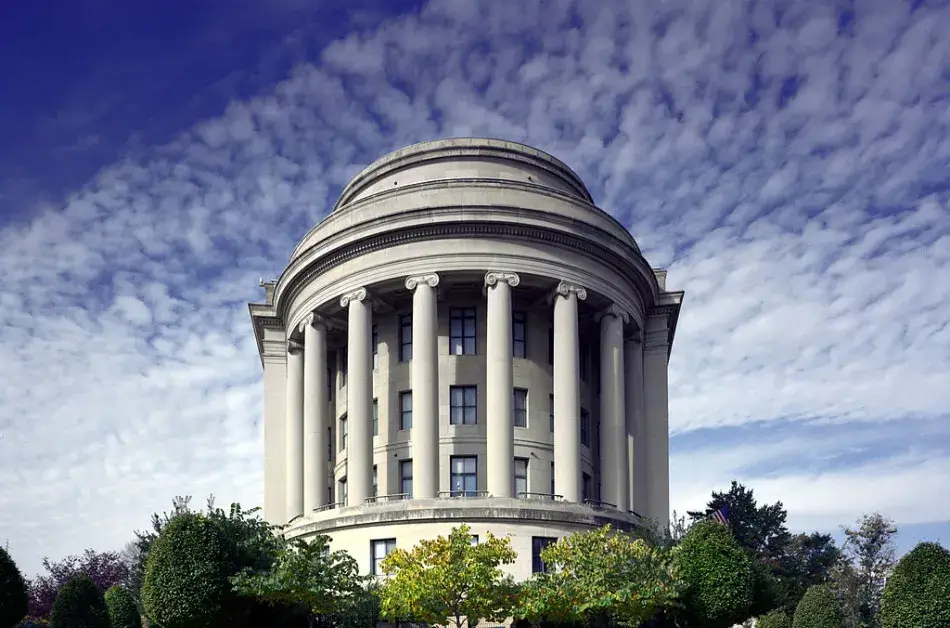Case study
Federal Trade Commission Green Guides: Combatting greenwashing by providing guidance on carbon offsets and carbon neutrality

Many consumers are motivated to support climate action by purchasing environmentally sustainable products, and companies are keen to respond to consumer demands by marketing themselves as green. For example, in 2021, 60% of messaging produced by oil companies included claims about their green practices.iHowever, terms such as ‘organic’ and ‘environmentally friendly’ do not have strict definitions. While ‘recyclable’ may have a clearer definition, there is ambiguity around its deployment, such as whether a company can claim a product is recyclable if it must be recycled through specialist and costly services.iiOther companies use words that may mislead less informed consumers, such as the term ‘ocean plastic’ referring not to plastic pulled from the ocean but to plastic that would have otherwise ended up in the ocean. Helping consumers differentiate between true and misleading claims is a key priority for improving individual climate action.
The Federal Trade Commission (FTC) is responsible for issuing guidance and levying fines on climate marketing in the U.S. For example, in 2022, Walmart and Kohls were fined $5.5 million for claiming that their bamboo-derived rayon products were environmentally friendly when the process of converting bamboo into rayon uses harmful chemicals and releases environmental toxins.iiiBeing able to take punitive action against companies, however, ultimately relies on clearer definitions of appropriate marketing practices. The FTC Green Guides are produced every decade, changing in response to climate marketing trends and consumer understanding, with new guidance being expected in late 2023. While the FTC has historically not taken frequent enforcement measures, many are hoping that the clarifications and updated guidance offered by the new Green Guides will allow for more enforcement.
The Green Guides are also weighing new guidance on carbon offsets and carbon neutrality, which are concepts that feature frequently in company marketing. Currently, there is no transparency on the calculations that lead to the claims of neutrality, and some investigations have found up to 90% of carbon offsets to be useless.ivClarity on the marketing use of carbon neutrality will help consumers better evaluate environmental claims and support businesses that align with their values.
The FTC is currently accepting comments on the Green Guides with more updates expected soon.



